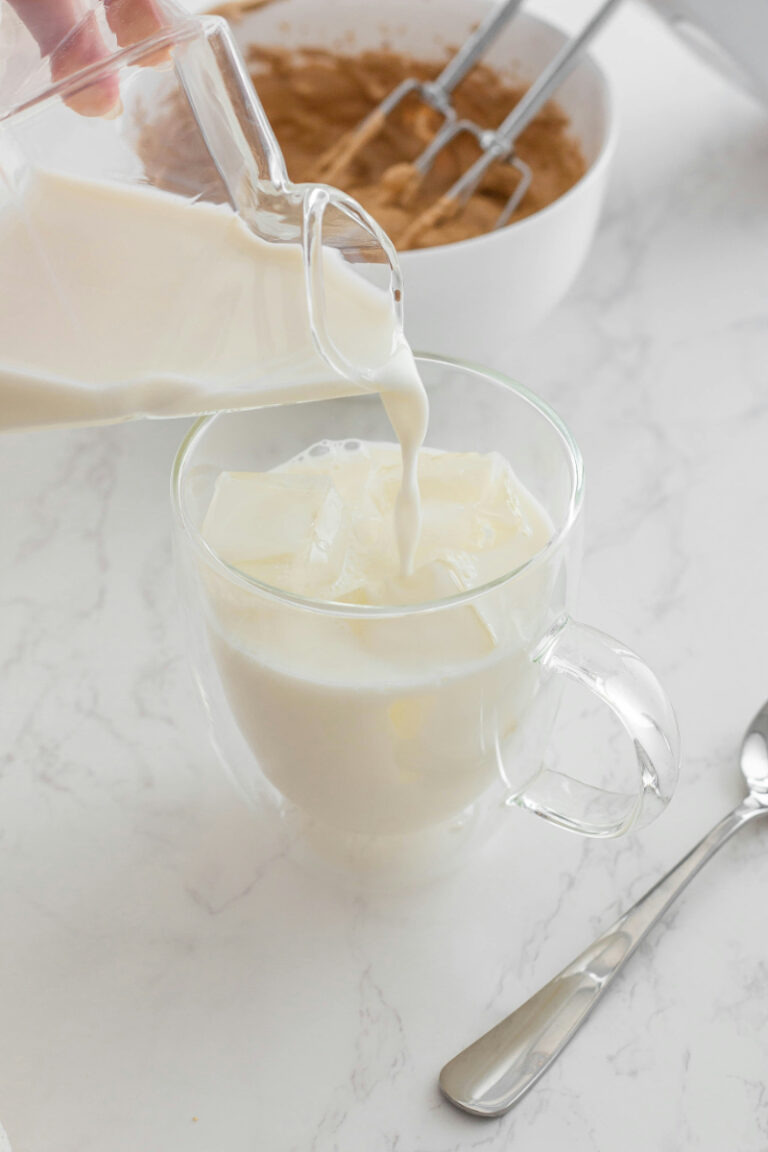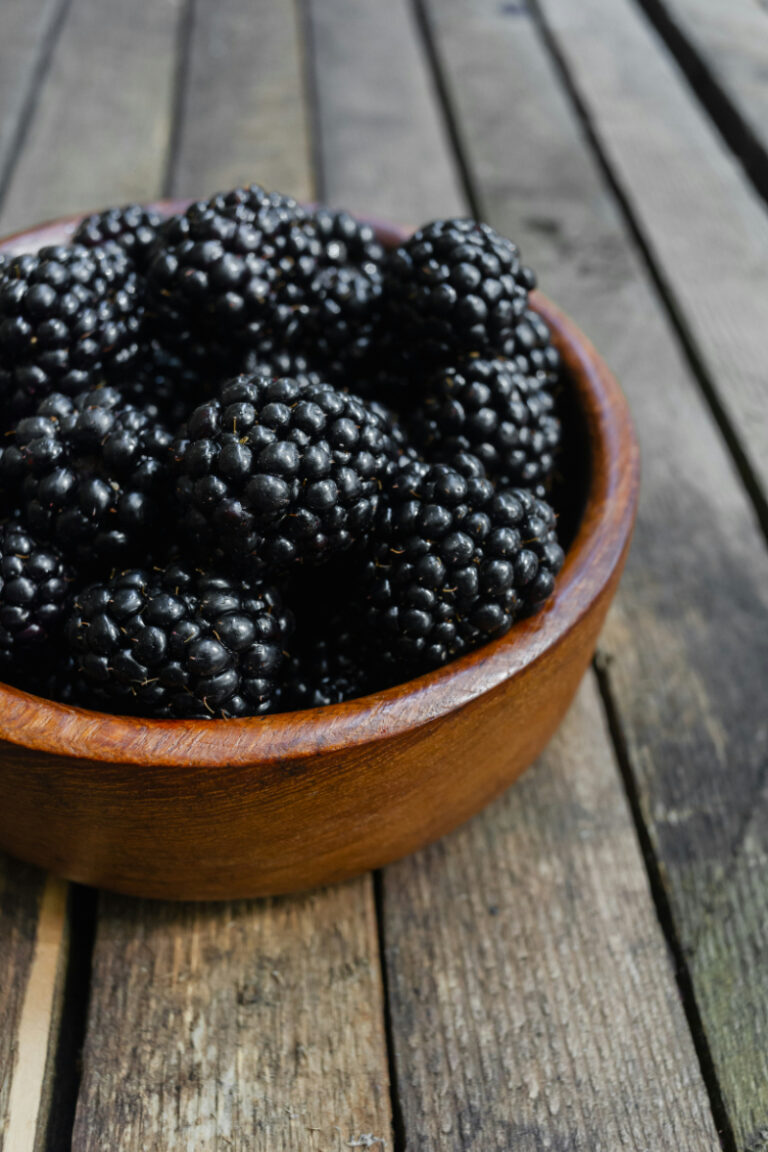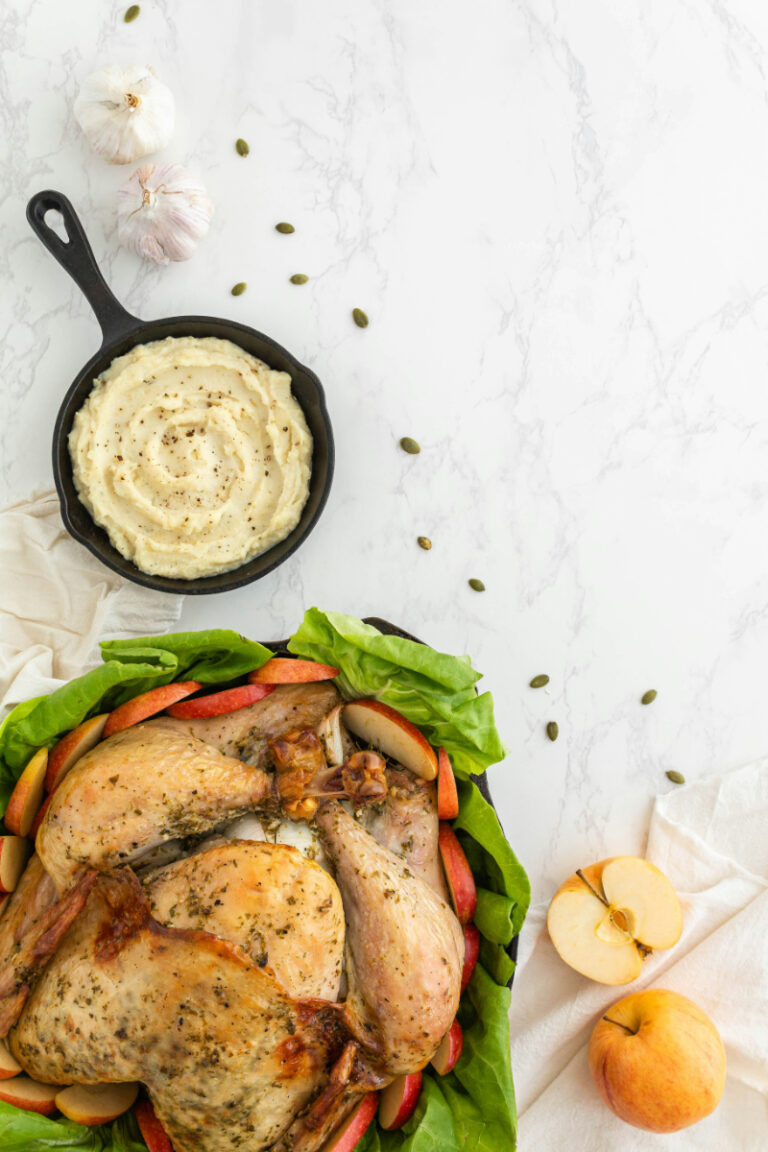How Many Carbs Are in a Biscuit: A Quick Guide
If you’re a biscuit lover, you might be wondering how many carbs are in a biscuit. Biscuits can be a tasty addition to any meal, but they can also be high in carbohydrates. The amount of carbs in a biscuit depends on the type of biscuit and its ingredients.
Plain or buttermilk biscuits are a popular choice, and they typically contain around 27 grams of carbohydrates per biscuit. However, this can vary depending on the size of the biscuit and the brand. Homemade biscuits can also vary in carb count depending on the recipe and ingredients used. If you’re watching your carb intake, it’s important to pay attention to the serving size and nutritional information on the packaging or recipe.

Nutritional Content of Biscuits
Biscuits are a popular breakfast item that can be enjoyed in many different ways. They are made with flour, butter, and milk or buttermilk. However, biscuits can be high in carbohydrates, which can be a concern for those who are watching their carb intake. In this section, we will explore the nutritional content of biscuits and how many carbs they contain.
Carbohydrates in Biscuits
Most biscuits are made with refined white flour, which is a simple carbohydrate. One plain or buttermilk biscuit can contain around 27 grams of carbohydrates. This means that biscuits can have a high glycemic index, which can cause a rapid spike in blood sugar levels. If you are watching your carb intake, it is important to be mindful of how many biscuits you consume.
Comparing Carbs in Different Biscuits
Different types of biscuits can have varying amounts of carbohydrates. For example, a biscuit made with whole wheat flour may have more fiber and fewer carbs than a biscuit made with refined white flour. Additionally, biscuits that are made with added sugar or honey may have more carbs than those that are not sweetened.
Here is a comparison of the carb content in different types of biscuits:
| Biscuit Type | Carbohydrates (per biscuit) |
|---|---|
| Plain or Buttermilk | 27 grams |
| Whole Wheat | 21 grams |
| Sweetened with Sugar or Honey | 30 grams |
As you can see, the carb content in biscuits can vary depending on the type of flour and sweeteners used. If you are watching your carb intake, it may be helpful to choose biscuits made with whole wheat flour and without added sugar or honey.
In conclusion, biscuits can be a tasty breakfast item, but they can also be high in carbs. By being mindful of the type of flour and sweeteners used, you can make a more informed decision about how many biscuits to consume.
Impact of Biscuits on Diet
Role of Carbs in Nutrition
Carbohydrates are an essential macronutrient that provides energy to the body. They are the primary source of energy for the brain and muscles. Carbs are broken down into glucose, which is then used by the body for energy. However, not all carbs are created equal. Some carbs, like those found in fruits, vegetables, and whole grains, are complex carbs that take longer to digest and provide sustained energy. On the other hand, simple carbs, like those found in biscuits, are digested quickly and can cause a spike in blood sugar levels.
Biscuits in a Balanced Diet
Biscuits are a popular snack that many people enjoy. However, they are not the healthiest food choice, as they are typically high in calories, sugar, and refined carbohydrates. One biscuit can provide over 19.3 grams of carbohydrates and 1.8 grams of sugar Verywell Fit. Most biscuits are made with refined white flour, which has a high glycemic index, meaning it can cause a rapid increase in blood sugar levels. This can lead to a crash in energy levels later on.
If you enjoy biscuits, it’s important to consume them in moderation and as part of a balanced diet. You can try to choose healthier options, such as biscuits made with whole-grain flour or those that are low in sugar. It’s also important to pair biscuits with other nutrient-dense foods, such as fruits, vegetables, and lean proteins, to help balance out your diet.
In summary, biscuits can be a tasty snack, but they should not be a regular part of your diet. They are typically high in calories, sugar, and refined carbohydrates. If you do choose to indulge in biscuits, it’s important to consume them in moderation and as part of a balanced diet.
Choosing Healthier Biscuits
If you’re looking for a healthier biscuit option, there are a few things to keep in mind. Here are some tips to help you make a more informed decision:
Look for Whole Grains
Choosing biscuits made with whole grains can provide more fiber and nutrients than those made with refined grains. Look for biscuits that list whole wheat flour, oats, or another whole grain as the first ingredient on the label.
Check the Sugar Content
Some biscuits can be loaded with added sugars, which can contribute to weight gain and other health problems. Check the nutrition label and ingredient list to see how much sugar is in each serving. Keep in mind that some biscuits may be naturally sweetened with ingredients like honey or fruit, which can be a healthier option than those made with added sugars.
Watch the Portion Size
Even if you choose a healthier biscuit option, it’s important to watch your portion sizes. Eating too many biscuits can quickly add up in calories and carbs. Stick to one or two biscuits per serving, and pair them with a source of protein, like eggs or Greek yogurt, to help keep you full and satisfied.
Make Your Own
If you’re feeling ambitious, you can always try making your own biscuits at home. This way, you can control the ingredients and adjust the recipe to fit your dietary needs. Look for recipes that use whole grains and natural sweeteners, and experiment with different flavor combinations to find your favorite.






